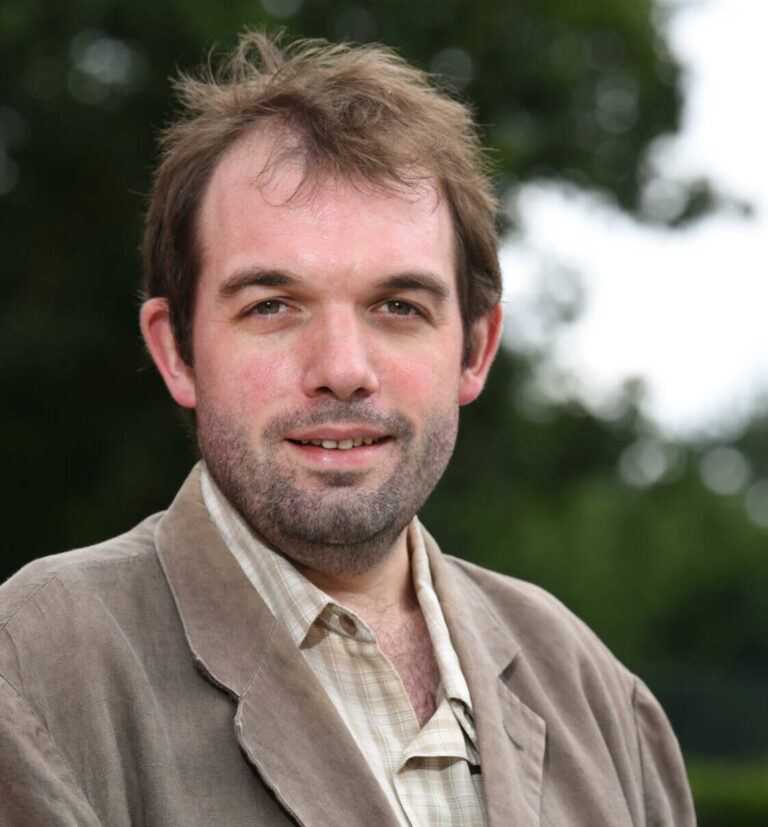2004: Candidate in Biology, KU Leuven (summa cum laude)
2006: Licentiate in Biology (Animal ecology, morphology and biodiversity), KU Leuven (summa cum laude)
2007: Complementary studies in Social and Cultural Anthropology, KU Leuven (magna cum laude)
2012: PhD in Sciences (Biology), KU Leuven (no degrees are assigned at PhD level at KU Leuven)
Joined the group as a visiting professor in 2016, as a full-time assistant professor in 2018.
Research interests:
– Evolutionary parasitology, with a focus on parasitic flatworms
– Biodiversity science in the Global South: capacity development and policy translation for the sustainable management of African aquatic ecosystems
The extraordinary species richness of parasites is often linked to typical speciation mechanisms. Hence, I think of evolutionary parasitology as a prime playground for studying the mechanisms underlying biodiversity. Often working in Africa, I consider it an obvious matter of equal opportunities to collaborate with colleagues and stakeholders from the Global South.
Our team focuses on the biodiversity and morphological and molecular evolution of parasites and their aquatic hosts, with a focus on fishes and their monogeneans, and parasitic flatworms in general. We choose our model systems in function of fundamental biological questions (e.g. the scientifically challenging genetic diversity of flatworms, the phenomenon of radiation and species flocks) but often also because of the policy-relevant context (e.g. invasive alien species; endemism and conservation; fisheries; indicators for anthropogenic impact). Therefore, our other research line focuses on the translation of biodiversity information into decision making, capacity building and sustainable development, especially in Africa.
My favorite quote: “Travel has lost its innocence. Every booking involves certain choices. And people who spend their holidays in a country beyond the Mediterranean Sea, are today signalling their rejection of hatred and fear. They are showing that they still hope for international understanding, and are open to the world and in particular to people who are making an honest effort to bring about progress and development.” -Walter M. Weiss, 2004
